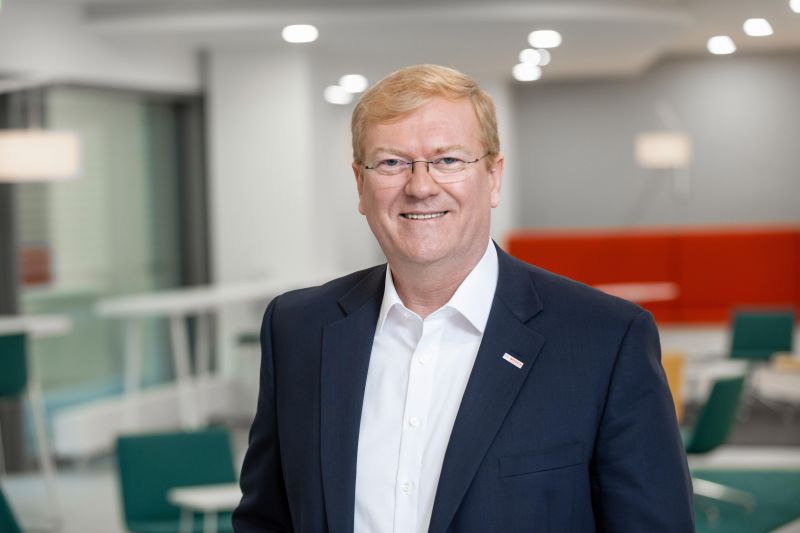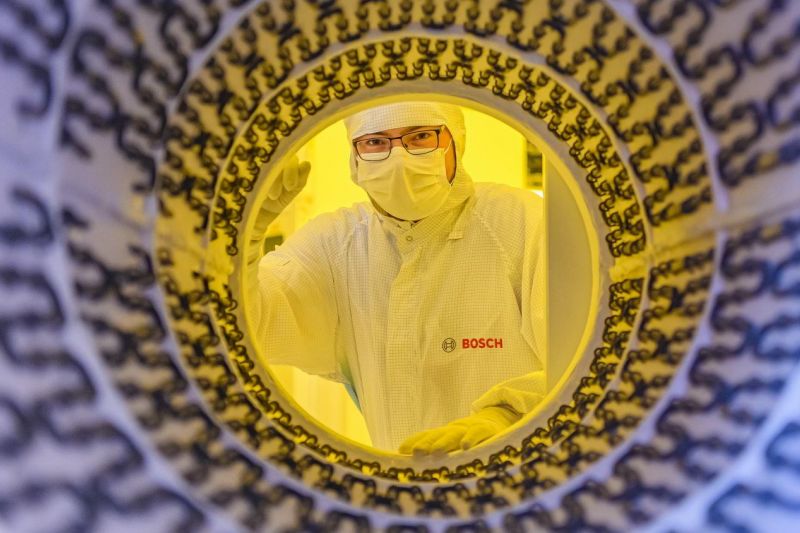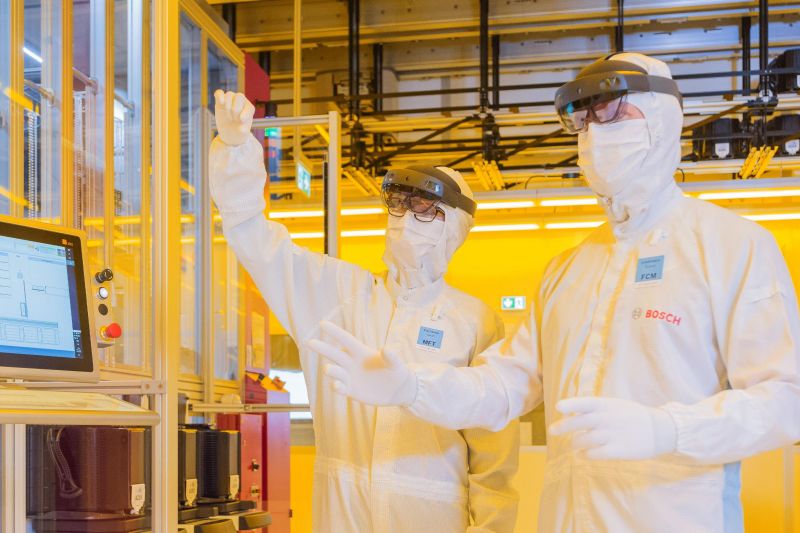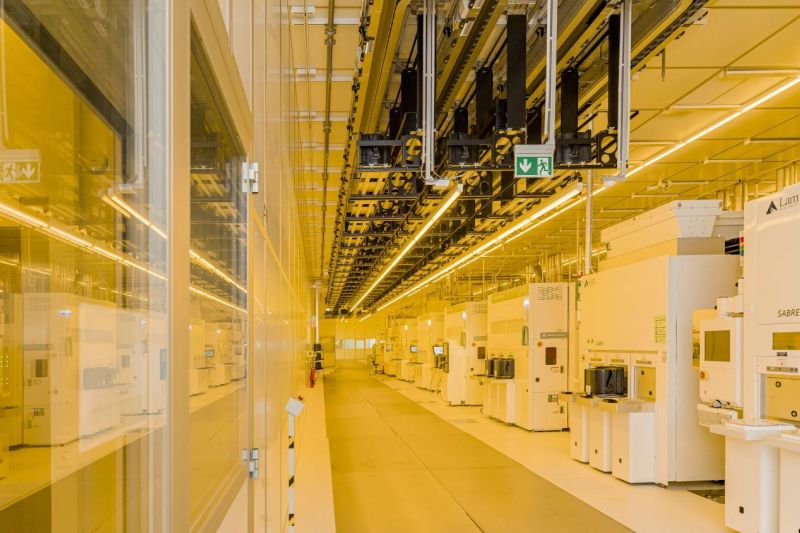The global semiconductor crisis isn’t going anywhere anytime soon, but the chairman and CEO for tier 1 auto supplier Bosch hopes the path out will be clearer in late 2023.
In an interview with Automotive News, Bosch chairman and CEO Stefan Hartung said it was impossible for global chip shortages to be resolved this year.
“There will be another important step next year because there will be a change in the economy in general that will impact the demand side of the question,” said Dr Hartung.
“And then hopefully, at the end of next year, we’ll have a much clearer view of how to move ahead with the demand growth.”
Bosch recently announced it will pump three billion euros ($A4.39 billion) into its semiconductor chip division between now and 2026.
Although this won’t necessarily help alleviate today’s shortage of semiconductors, it should eventually make supply chains more capable of absorbing shocks.
Bosch is also investing €170 million ($A249 million) in new development centres in Reutlingen and Dresden, Germany, as well as another €250 million ($A366 million) to build a further 3000 square-metres of ‘clean room’ production space at its billion-euro Dresden plant.
Dr Hartung has said that “most of the investments have been made to fulfil our own demand”.
The German auto supplier giant is also branching out by investing in a range of other technological areas including hydrogen fuel cell technology, as well as motorsport technology.
Bosch recently acquired Melbourne-based motorsport technology firm MoTeC Group, which is a supplier to racing series including Supercars, NASCAR, and competitors in the Dakar Rally.
“In 15-20 years, [Bosch] will be a different company, definitely,” said Dr Hartung in response to a question asking how different the company will look in the future.
“There will be different product ranges, and new engine technologies will be much further down the road.”
Dr Hartung also touched on how there’ll probably be more semiconductor company and software company partnerships too.
“Our partnership system will probably explode,” said Dr Hartung.
The Bosch boss also said the company plans to have “stronger local footprints” in regions such as the United States, China and Europe in order to cater for different demands.
Dr Hartung took over as chairman of the Bosch board of management at the start of 2022, replacing Volkmar Denner who had been at the helm for almost a decade.
MORE: Bosch puts billions into chips, though it won’t cut current shortages
MORE: Bosch increasing chip manufacturing with new factory
MORE: Bosch buying Melbourne motorsport tech company MoTeC











